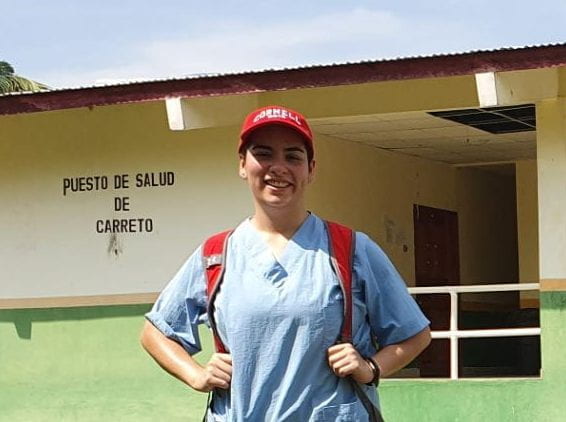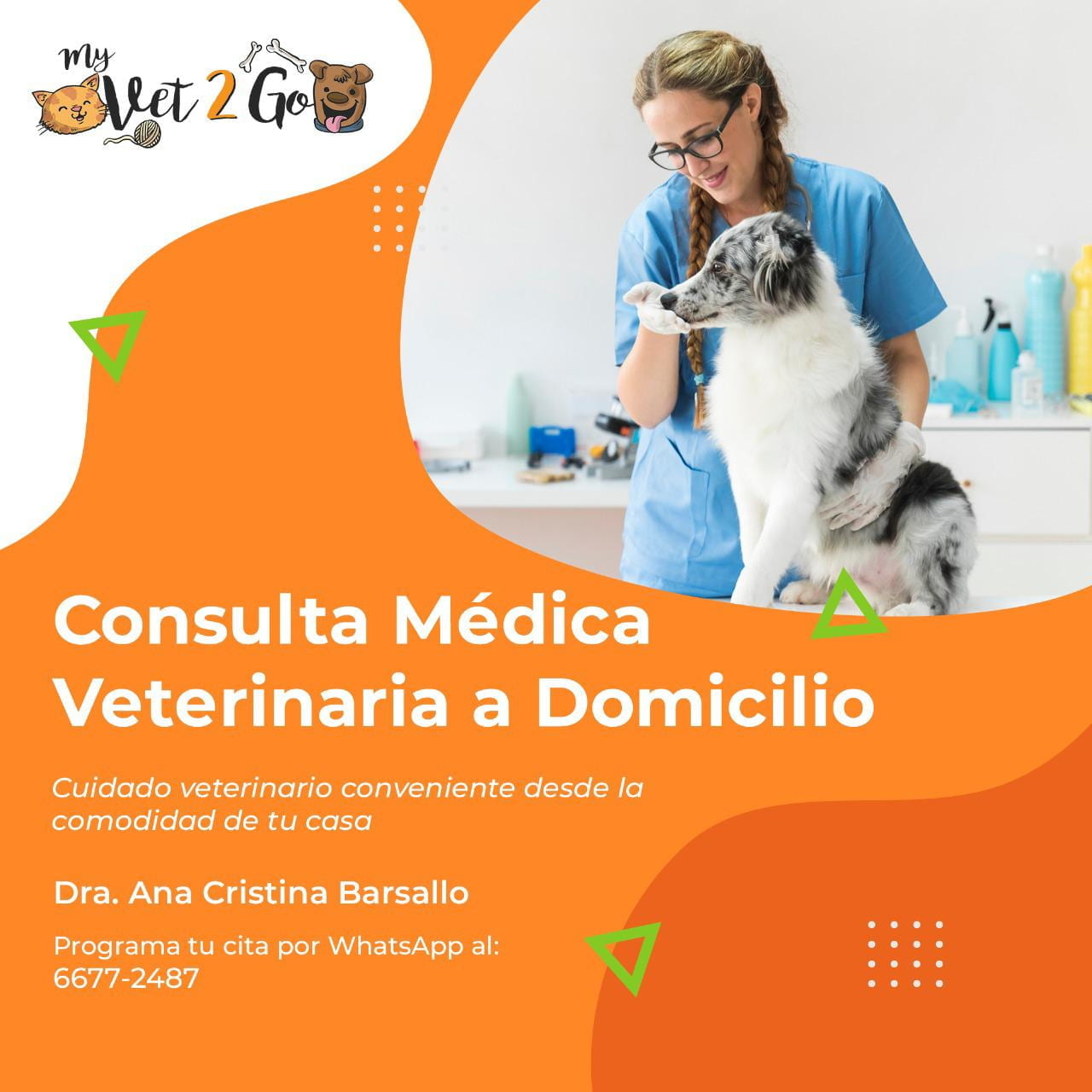Alumni in Action: Ana Cristina Barsallo Cochez
 Ana Cristina Barsallo Cochez joined the Cornell MPH Program after earning a Master of Science in Food Safety from Cornell. As a Doctor of Veterinary Medicine who had been practicing in Panama, she was interested in foodborne outbreaks and came to Cornell to gain skills that could help her impact whole populations. After graduating from the MPH Program last spring, Ana applied her newly developed skills in outbreak investigation and public health assessment, intervention and evaluation to a job as a Malaria Consultant with the Pan American Health Organization, a branch of the World Health Organization.
Ana Cristina Barsallo Cochez joined the Cornell MPH Program after earning a Master of Science in Food Safety from Cornell. As a Doctor of Veterinary Medicine who had been practicing in Panama, she was interested in foodborne outbreaks and came to Cornell to gain skills that could help her impact whole populations. After graduating from the MPH Program last spring, Ana applied her newly developed skills in outbreak investigation and public health assessment, intervention and evaluation to a job as a Malaria Consultant with the Pan American Health Organization, a branch of the World Health Organization.
In Panama, malaria is only present in specific regions. Ana worked with indigenous communities in a remote region of Panama, called Guna Yala, and with officials from the Ministry of Health to assess gaps in their systems and help make strategic recommendations. Living in the region for 20 days of each month, she helped to analyze epidemiological, administrative, and logistical approaches to malaria surveillance and response in the region, and to guide actions to help overcome gaps and achieve more efficient, effective diagnosis, treatment and research.
For example, in these remote regions, it can be difficult to communicate new cases of malaria to the central health ministry. The region Ana worked in was divided into four focus areas, with one central point of contact—a doctor at the Ministry of Health—who needs to know first about malaria cases, in order to report to regional and national levels. When Ana arrived, she found there was a lack of communication between community workers in the region and the doctor—instead, community workers were reporting to the vector-control department of the Ministry of Health.
Ana spent her time working with teams to understand what they needed, and strategizing with the Ministry of Health, medical personnel, and community workers who lived in the region’s villages, and vector-control officials. She ran multiple seminars, with community workers involved.
The MPH Program helped Ana prepare for her work as a Malaria Consultant for PAHO in many ways. First of all, Ana said preparing high-quality monthly reports for her team “felt easy” because of the MPH Program’s portfolio approach to building skills, where students create deliverables for courses and projects “as if it’s a real-world job.” She learned skills in interviewing, monitoring and evaluation, and community assessment with the MPH Program that she applied daily in her work with PAHO.
She also credits the MPH Program with developing many of her skills working with interprofessional teams and applying cultural competence. The MPH Program taught her than every person has something to provide to a solution, and a role to play. She enjoyed working with a very diverse group of people, with varying degrees of education and income, in her consultancy with PAHO, and had never worked with the indigenous communities of Panama before. She is able to work well with “all kinds of people, and get the most out of the interactions” because, she says, of the MPH Program’s focus on working with diverse groups of people—she remembers Dr. Karyn Havas discussing how in outbreak investigation interviews about sensitive topics, “you don’t put your own bias on it, or your own opinion—remain neutral and respectful of beliefs”.
As a result of a regime change in the Panamanian government this spring, the 6-month Malaria Consultant position with PAHO was not extended. Ana is back to working as a Veterinarian, for the time being, with Mercy Veterinary Hospital in Panama. As a veterinarian, she is able to make calls for veterinary care, even in the midst of the COVID-19 lockdown. Once the pandemic settles down, Ana plans to find another position in public health, where she feels she can have the most impact.

